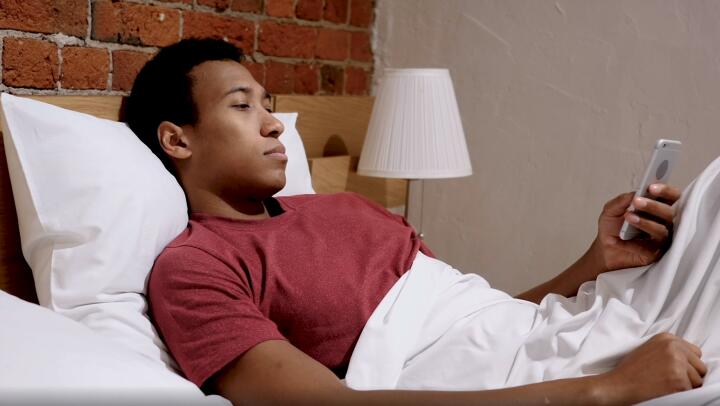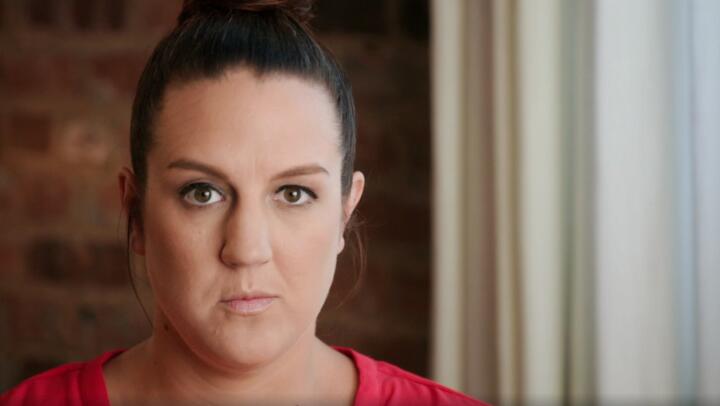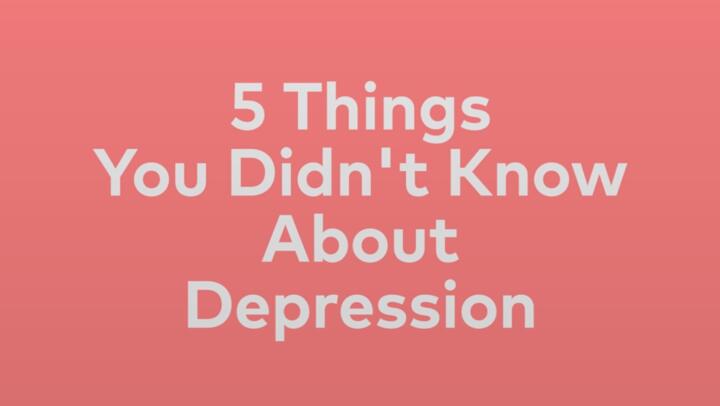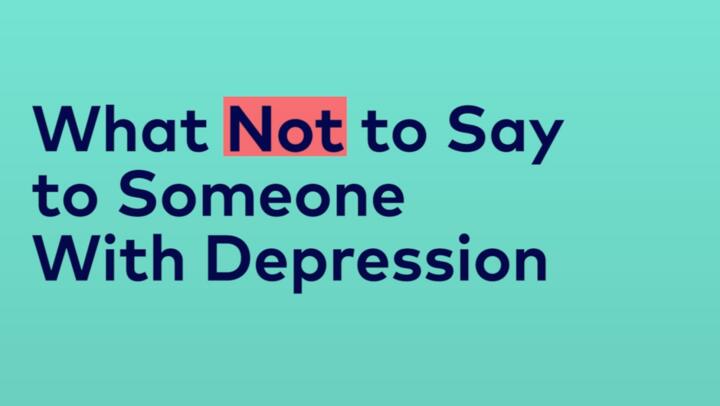
Excoriation, or skin picking disorder, is a chronic mental health condition. It involves compulsive urges to:
- pick at your skin
- scratch yourself
- pull at your skin
- bite your skin
Excoriation affects around 2% of the population. It is related to obsessive-compulsive disorder (OCD). The onset of excoriation is typically around the time of puberty, between the ages of 13 and 15 years, but it can also occur in children and adults.
Someone with excoriation may go through periods wherein they do not pick at their skin at all and other periods when the urges and symptoms intensify.
Typically, someone with excoriation will pick at:
- healthy skin
- minor imperfections, such as pimples or calluses
- scabs
- open wounds
- blisters
- other types of lesions
Many people use their fingers to pick at their skin. However, some with excoriation may also use tools such as tweezers, pins, or pimple extractors.
It is not uncommon for someone with this condition to spend up to several hours per day picking at their skin.
Not everyone who picks at their skin has excoriation. In order to warrant a diagnosis of the condition, you must experience the following:
- recurring skin picking that results in damage to your skin
- more than one attempt to stop the behavior
- experiencing distress or impairment by your skin picking
- behaviors that are not due to a substance, medical condition, or dermatological condition
- behaviors that are not related to another psychiatric disorder
If you are experiencing any of these symptoms, contact a doctor or mental health professional.
The exact cause of excoriation is unknown. However, there are some risk factors that experts believe may increase your chances of developing the condition.
The risk factors for excoriation include:
- Genetics: Having a parent or sibling with excoriation may make you more likely to develop the condition. Having a family history of anxiety or mood disorders may also increase your risk.
- Environment: Stress is sometimes a trigger for excoriation. Childhood trauma may also put you at higher risk of developing the condition.
- Age: Most people develop excoriation in adolescence. However, it can occur at any age.
Besides stress, there are other factors that can trigger excoriation. These factors include:
- boredom
- anxiety
- negative emotions, such as guilt or shame
- certain skin conditions, such as eczema or acne
- blemishes you want to get rid of but that may not be noticeable to others
It is not uncommon for excoriation to co-occur with another condition. Excoriation is closely related to OCD and often co-occurs with it.
Other conditions that excoriation may co-occur with include:
- body dysmorphic disorder
- trichotillomania
- onychophagia
- depression
- anxiety disorders
- bipolar disorder
- Prader-Willi syndrome
Some of these conditions may require separate treatments from excoriation.
Learn everything you need to know about trichotillomania.
Treatment for excoriation typically involves a combination of medication and therapy. These options usually work best when combined.
Your doctor or mental health professional may suggest the following treatments:
- Medication: Doctors typically recommend medications such as selective serotonin reuptake inhibitors or antidepressants to help manage your obsessive thoughts and compulsive behaviors.
- Cognitive behavioral therapy (CBT): CBT can help you understand how your thoughts and behaviors are related. It can then help you reduce your repetitive behaviors. The goal of CBT is to help you change the way you think so that you do not feel the need to pick at your skin.
Work with a doctor and mental health professional to find the right treatment or combination of treatments for you.
Treatment can help you better understand your thoughts and behaviors in order to reduce and manage them. There are also ways that you can help yourself manage your compulsive and repetitive behaviors that lead to excoriation.
Tips for living with excoriation
Do:
- Try to keep your hands busy, such as by squeezing a soft ball. Alternatively, try wearing gloves.
- Identify when and where you typically pick at your skin, then try to avoid these triggers.
- Try to resist the urge to pick a little bit longer each time you feel it begin.
- Take care of your skin when you feel the urge to pick. For instance, put on moisturizer instead of picking.
- Be open with others about your urges so that they can help recognize when you are picking.
- Keep your skin clean to help prevent infections.
Do not:
- Do not let your nails grow long. Keep them short to make it more difficult for you to pick.
- Do not keep tweezers or pins where you can easily get to them.
Excoriation, or skin picking disorder, is a mental health condition that involves severe urges to pick at, scratch, or bite your own skin. It is closely related to OCD and often co-occurs with OCD, anxiety disorders, or other mental health conditions.
Treatment for excoriation is typically a combination of antidepressants and CBT. Work with a mental health professional to find the right treatment or combination of treatments for you.
If you are experiencing intense urges to pick at your skin and have not been able to stop, contact a doctor or mental health professional.

















